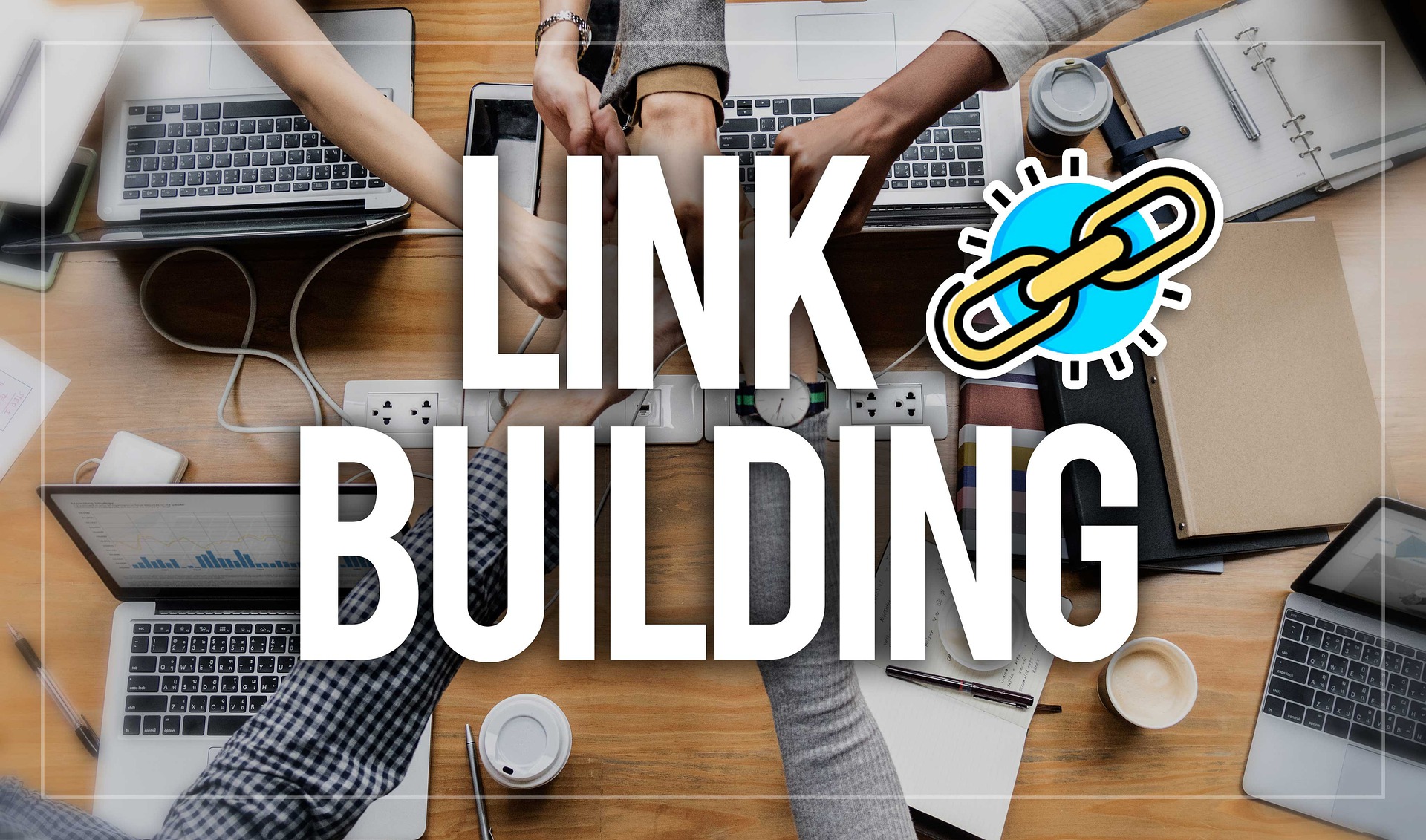A search engine optimization strategy that raises your search engine rating is link building. One of the main ways search engine algorithms assess the importance of a page is through links. A website’s content is useful if it attracts a lot of links or backlinks. Both internal and external linking boost your website’s exposure. Additionally, links make it easier for search engines like Google to crawl your website.
When it comes to link building, what matters?
The following factors decide how helpful a particular link is to your ranking:
- Global Popularity: External links to prominent websites are more common. Because so many websites link to it, Wikipedia frequently appears near the top of search results for many topics.
- Local Popularity: Inbound links from websites that are comparable to yours are considered to be popular locally. Search engines will pay more heed if, for example, a well-known shoe blog linked to your shoe business than if the connection came from a completely unrelated website.
- When someone links to your shoe store using the phrase “shoe store” as the anchor text, search engines will understand that your website is a reliable source for shoes. Search engines may begin to suspect spamming practices if the anchor text that directs readers to a page utilizes the same keywords too frequently.
- Context of the link: Links are more valuable when they are related to the subject of your website. It should be easy to go from the current page to the one that is being linked.
- Where the link originates: Ones from reliable websites are given more weight than links from dubious websites. For example, a link coming from Google’s official blog will have more authority than a link coming from a WordPress personal blog. Search engines include tools to filter out spam and irrelevant content, and Google has a ranking algorithm that assigns a reputation score to each individual Web page.
What is the process of link building?
Creating links to your website can be done in essentially two ways: internally and externally. Because they originate from other websites, external links are more difficult to get. It’s simple to start with internal linking because you have complete control over it. You may enhance your utilization of internal links and improve SEO for your business with a little bit of work and careful planning.
When you link to pages other than just your homepage or contact page, you are said to be deep linking. Your website should include at least one text link to each page (1). Instead of just sending people to your homepage, increase the number of internal links you have by pointing them to pertinent blog posts and product sites.
By giving you additional chances to link back to particular items or other internal pages, maintaining a blog helps improve internal links. Remember to include links from social media websites as well.
The greatest approach is to produce top-notch site content in order to acquire external links. You can also get in touch with bloggers and other influential people to inquire about guest blogging opportunities. Never use black hat SEO techniques, such as buying links (2). Links from spammy websites lead them to backfire.
Web Consultants can help build credible and trusted niche relevant backlinks to your website that will in turn improve your overall trust and ranking on search engines. We provide quality backlink services in Johannesburg, Gauteng for all businesses across South Africa. Get in touch today!

